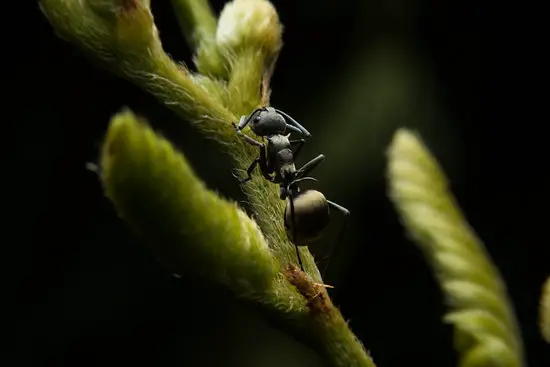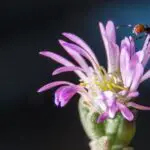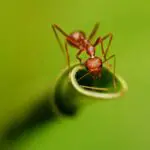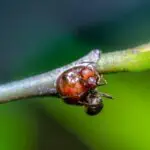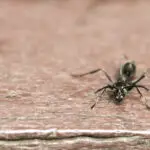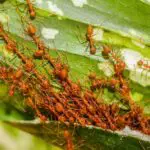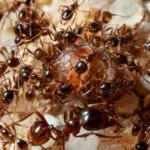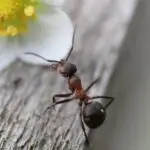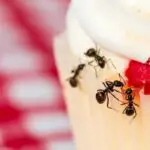How Do Ants Help Plants?
During ant season, you may see ants in droves on plants. They are natural decomposers, helping to break down waste and fertilize the soil. However, some species are destructive, such as fire ants. You should weigh the pros and cons of ants before deciding whether to keep them in your garden.
Some plants attract ants with nectar. The nectar is rich in sugar and can be used by the ants to fuel their activities.
Other plants produce honeydew, which ants like. Honeydew provides ants with energy and nutrients. They carry it back to their nests. Ants also aerate the soil and help it decompose.
Ants can also protect your plants from predators. Some insects, such as sooty moulds, produce dark spores that can affect photosynthesis and reduce plant growth. Ants will protect these insects from predators and feed on their nectar.
Ants have been introduced to gardens as an alternative to traditional pest control methods. Some gardeners choose to keep ants in the garden, despite the fact that they may be a nuisance.
Ants can also help plants by dispersing seeds. This is not always a bad thing, because it is a natural process that can help to increase the nutrients available in the soil.
However, ants can also be a nuisance, particularly if they form large colonies. This can be a sign of a larger problem in your garden. Ants may also be attracted to plants indoors. This is particularly common when plants are stored in airtight containers.
